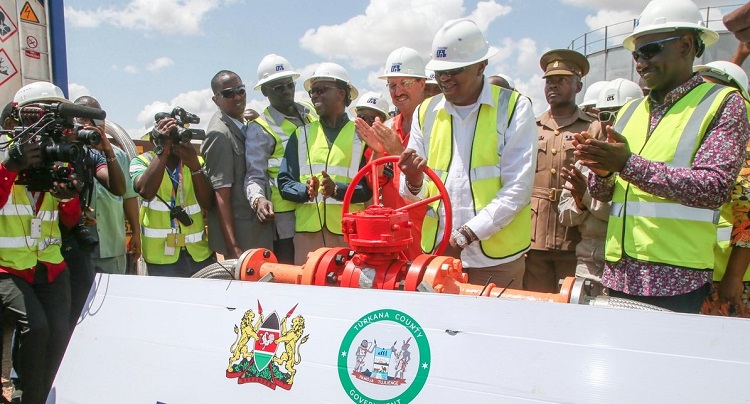Kenya is in its final stages of enhancing local content policies to address the increment of local participation that encourages foreign investment in the oil and gas sector. The existing legislation are the Energy Act 2019, Part IX and Petroleum Act 2019, Part IV.
Ministry of Petroleum and Mining, Cabinet Secretary, John Munyes said that the Petroleum Act that was recently assented to provides the country with a comprehensive framework to guide the development of regulations to implement local content.
“The Ministry has been able to develop local content policies that look at upstream, midstream and downstream regulations. The current legislation in development include; Local Content Bill 2018, Local Content Oil and Gas Regulations, and the Kenya Local Content Policy.
Munyes noted that the Local Content Policy has been developed based on a robust stakeholder engagement and informed by Kenya’s developmental agenda. This has involved deep consultations with the private sector, public sector (at national and county levels), civil society and development partners. The framework has taken into consideration the aspirations of Kenya Vision 2030, Kenya Industrialisation Policy, the Big Four Agenda and Kenya Investment Policy.
This local content policy promotes the national developmental agenda by nurturing local participation towards industrialisation and international competitiveness of Kenyan nationals and firms at community, county and national level,” said Munyes.
The Cabinet Secretary was speaking at the 9th East African Petroleum Conference and Exhibition pre-conference.
Munyes noted that with oil exploration taking place in Kenya’s four major sedimentary basins – Lamu, Anza, Mandera and Tertiary Rift – the country has been exploring ways to stimulate the development of capacities and encourage local investments, ownership and participation.
Kenya has a total of 94 wells of oil that have been drilled, 63 exploration blocks that have been gazetted, 276 blocks licensed and 36 blocks open to investors.
The local content opportunity is diverse and key will be to not only get the right technical skills but also partnership to build local expertise. East African partner states need to support, train and build local expertise for sustaining the sector and maintaining global standards. Local companies can provide a wide range of services for instance logistics which entails transportation of people and goods, or provision of security for the people and the commodity. There is also freight forwarding and processing when it comes to exporting the oil and gas. Companies can also provide catering for the many people envisioned to work on location and also provide high standards at an affordable price.
“We urge companies working in this space to fill in the gap it could be through mentorship of companies with potential or providing support to vocational centres so trained plumbers and welders, steel fabricators and much more. This will contribute towards ensuring we have the required skills and get local professionals working on this huge national projects,” said Andrew Kamau, Principal Secretary for State Department for Petroleum.
The 9th edition of the biennial oil and gas regional event themed East African Region – the destination of choice for Oil and Gas Investment Opportunities to enhance Socioeconomic Transformation, provides a unique forum for dialogue for all players in the Petroleum industry regionally and internationally.




